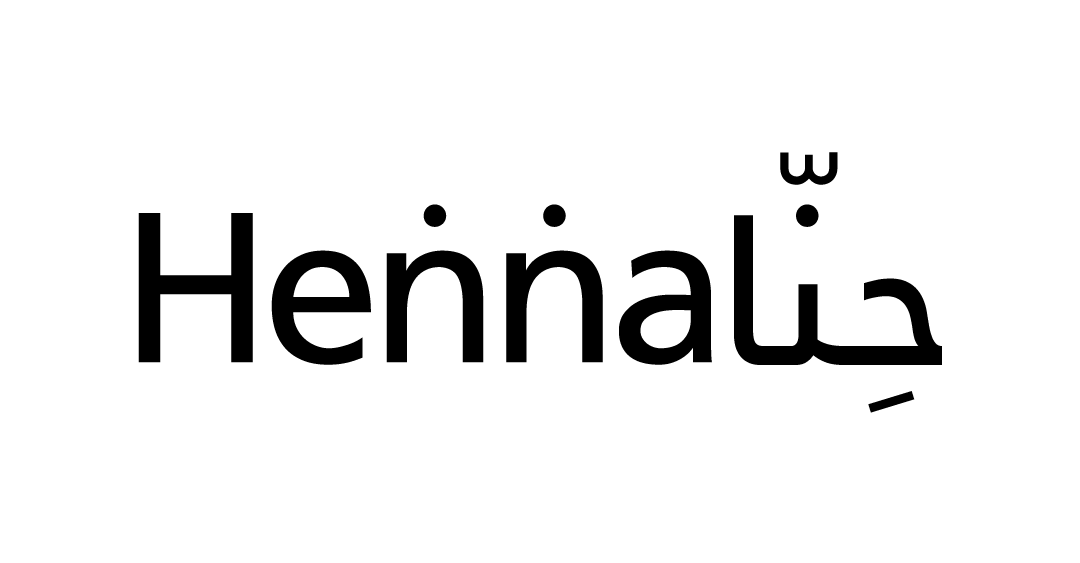
Moving Beyond “Cultural Tourism”
Johnny El Hage
Actor, stand up comedian, and an activist in the Arab community in Montreal. Specialist in strategic communication for entrepreneurial projects, and in growing sustainable communities. Co–founder of Abjad Howse, a collective of Arab artists and activists in the cultural field in Montreal. He is the owner of Ihtirametna vlog.
I was more than pleased a few weeks ago surfing Henna, this platform launched by a group of Arab activists, whose content intersects with social, cultural, and political topics, in both Arabic and English.
Wandering through the articles, I read with satisfaction about topics that I always thought about since migrating to Canada, but never found discussed in appropriate spaces with the new society. The Arab community in Montreal has been dominated by the concept of integration, the Quebecois version. Cultural and social activities are limited to surface conversations and festive happenings within the frame of ‘cultural tourism,’ empty from any dimension of critical analysis. The result is scattered and separated community members. Living in cultural and consumerist ‘ghettos,’ meeting only on a few occasions, and lacking intentions of collective solidarity.
Today, I am overjoyed with the birth of this bilingual initiative, as it gives a large group of Arabic speaking Canadians lots of comfort. This comfort stems from the fact that we can depend on Henna to represent some of our worldviews, and to express our ideas and opinions in all their differences. We desperately need a space like this.
The Arab community needed a space to critically analyse our experiences from our own social positions as expatriates, immigrants, and refugees. These vary greatly, as much as there are differences in our individual experiences. Despite the diversity and differences, we remain on the same united boat, that of the Arabs and the Arabic-speaking people residing in Canada.
We need to foreground the devaluation of our knowledge by the dominant groups in the Canadian society. This is something we are subjected to as Arabs. The society that glorifies the Canadian experience and erases all kinds of ‘other’ knowledge and consciousness that comes from outside North America and Western Europe. Knowledge that so-called Third World nations’ immigrants bring, simply becomes inferiorized and hegemonized by the superior Western worldviews.
We need a space as Arab speakers in Canada to share our views on the reality of this country with each other. We need to share it with each other, with other people of colour, and with Canadians from different walks of life. The opinions and thoughts stem from a different consciousness of Arab Canadians. This difference intersects the awareness gained through our previous lives before we emigrated with that gained from what we are currently experiencing here in the West.
We need to dismantle the stereotypes about Canada, as well as the stereotypes about the Arab society in Canada. If we want to be just in representing the Arab communities in Canada, we must deconstruct the stereotype of having only ‘one Arab community.’ We must work together to depict the plurality of Arab communities in their Canadian fabric.
In addition to all that, we urgently need spaces that allow the Canadian Arabs to become. To be rich and proud of their diversity and language. We need spaces that vibrate with journalistic, artistic, and political creativity. Spaces that address critical topics in our own words and from our own perspectives, therefore elevating the level of reflection and discussion through our collective dialogues to represent different worldviews.
I am delighted with Henna’s project because the time has come to liberate these discussions from the prisons of individual conversations. The ones taking place behind closed doors and in isolated café salons. The time has come to discuss all of what we are in public spaces with the Canadian Arab community, and Canadian society at large. The time has come to write new narratives about our realities.
The time has come, in my opinion, for us to be involved in Henna, as we are in “Abjad Howse,” the sister initiative that we launched by a group of Arab artists two years ago. Abjad Howse aims to construct spaces for Arab-Canadians and visiting Arab artists to express themselves in diverse forms without barriers or restrictions. We open the mic in the city to express our challenges and realities through “Open the mic” monthly events. In “Haram Party,” we dance with open hearts to the rich Arab music and melodies in its diversity, from the Arab Mashreq to the Maghreb. We laugh with local Arab Montrealaise comedians on situations and obstacles that we share as a collective, in stand up comedy performances (Manshar Ghaseel) written and performed in the Arabic language. We also welcome emerging artists from the Arab world, as we did with “Arnabeat,” and take them through a journey to engage with the Canadian audiences in intimate shows between Montreal, Ottawa, and Toronto. More is yet to come.
It is critical to meet with the energies and talents of those who immigrated from the Arab world and took Canada as their current destination. There is a sea of Arab energies in this part of the world, looking for a space to be without restriction. They are looking for opportunities to discover and share their knowledge, experience, talents, and wisdom with the Canadian community. We’ve been normalized as Arab Canadians the idea to ‘integrate’ into the Canadian society and adopt the prevailing customs and traditions. I think it is time for the progressive Arab-Canadian communities, that share the same values and convictions, to be more visible and outspoken in public cultural life in Canada. It is time to get to know each other, cooperate and work together, and to share knowledge and aspirations with Canadian society in order to influence change.
There is a rich, liberated Arab cultural movement spreading in Canada today. It is present, but still shy. The time has come for us to be more visible, to flourish, and to become.




